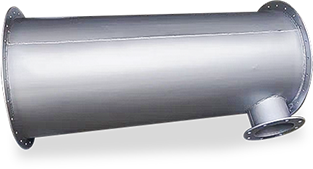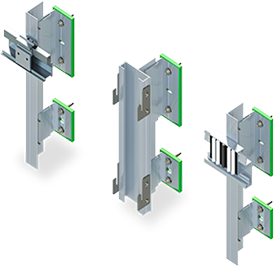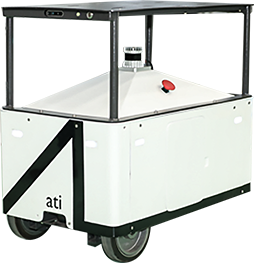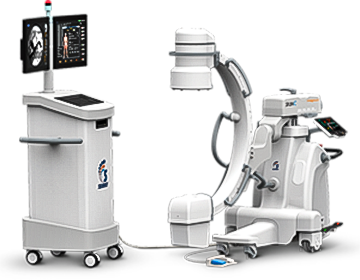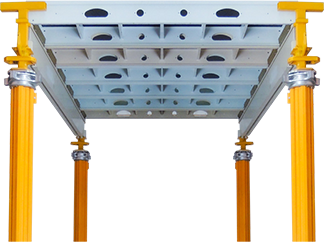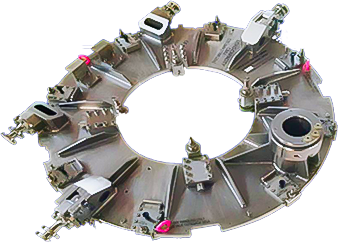
The recent comments of G20 Sherpa Amitabh Kant further cement the notion of growth in the electric 3-wheeler segment in India. He emphasized that we must target 100% electrification for two- and three-wheelers in India in the next four years. He also commented that these segments would lead the country’s green mobility revolution.
These comments come amidst numerous successful efforts by the Government to help push the adoption of electric 2- and 3-wheelers like electric rickshaws. The numbers also reflect a similar trend, with electric 2-wheeler sales poised to rise to 750,000 units (a 117% rise from last year).
As per the data of the Federation of Automotive Dealers Association (FADA), electric 3-wheelers have a 45.83% share in the overall 3-wheelers segment.
Reasons behind this lightning penetration of 2 and 3-wheelers
One of the biggest reasons behind this growth and widespread adoption is the push by the Government. After FAME I, the Government launched Faster Adoption and Manufacturing of Electric Vehicles in India Phase II, FAME II, solely to expedite the EV revolution in India. FAME II scheme, with a budget of Rs. 10,000 crores spread over 3 years, has been supercharging the EV sector since 2019.
FAME II consists of various components, including offering incentives to help encourage buying of EVs along with the development of extensive charging infrastructure in India. Charging infrastructure is crucial to expedite the adoption of both commercial (like electric auto rickshaws) and domestic EVs.
There are numerous other schemes by the Government, like the Production Linked Incentive (PLI) scheme that provides incentives to help increase domestic production of batteries.
Different types of electric 3-wheelers
The recent traction in this segment has given birth to numerous types of electric 3-wheelers with electric rickshaws being the most popular ones.
Electric rickshaws are used for short lengths of passenger transport whereas there are various types of cargo electric 3-wheelers that are used in transportation of goods and other small scale commerce activities.
State Government introducing policies to boost e-Rickshaw adoption
e-Rickshaws form one of the biggest contributors to the overall EV market in India in terms of sales. Various state Governments have also identified this and have introduced policies to make the adoption easy for operators.
Haryana, for example, has announced collective benefits of more than Rs 80,000 for auto drivers switching to e-Rickshaws, which includes waiving off the registration fees. The Government is also working on setting up charging stations for e-autos.
Rajasthan’s EV policy of 2022 enlists upfront incentives for electric three wheelers based on battery capacity, 100% SGST reimbursement for eligible EVs, and numerous other schemes for different types of EVs.
Almost every state Government is introducing policies to push EV adoption.
Increasing size and capacity of commercial electric 3-wheelers (Addressing range and Size anxiety)
One of the biggest challenges to the widespread adoption of EVs is range and capacity/size anxiety. With increased competition and adoption in India, this anxiety is getting addressed with advanced models of 3-wheelers, like:
- Euler Motors with HiLoad EV (Payload capacity of 688 kg)
- Mahindra Treo Zor (Capacity of 550 kg and 125 Km range in one full charge)
- Omega Seiki Rage + (Range of 120 km on a single charge)
- Piaggio Ape E-Xtra
- Ampere Electric 3-wheelers
- Toto rickshaw, and many others
Conclusion
e-Rickshaws and electric 3-wheelers are going to change the commerce vehicles segment in India; in fact, they have already penetrated most areas. Numerous startups are getting started amidst this widespread adoption and policy push by the Government.
The key to successful electric 3-wheelers in the future will be performance, safety, capacity, aesthetics, and other factors as more and more companies join the manufacturing race. To compete as an EV startup and company, you need expert help along with agile manufacturing processes that can give you reliable manufacturing at speed.
We at Karkhana have made that possible with our barrier-free manufacturing platform. Using the platform, you can get any of your EV parts manufactured just by uploading CAD designs of the specific part.
Our process takes care of all your manufacturing needs starting from quick design validation, manufacturability feedback via our in-house expert engineers, project management, transparent pricing, quality checks and logistics.
The process also includes regular quality checks, audits of suppliers, order updates and more.
Want to experience it? Start by registering on our digital platform.
Share on social media:








